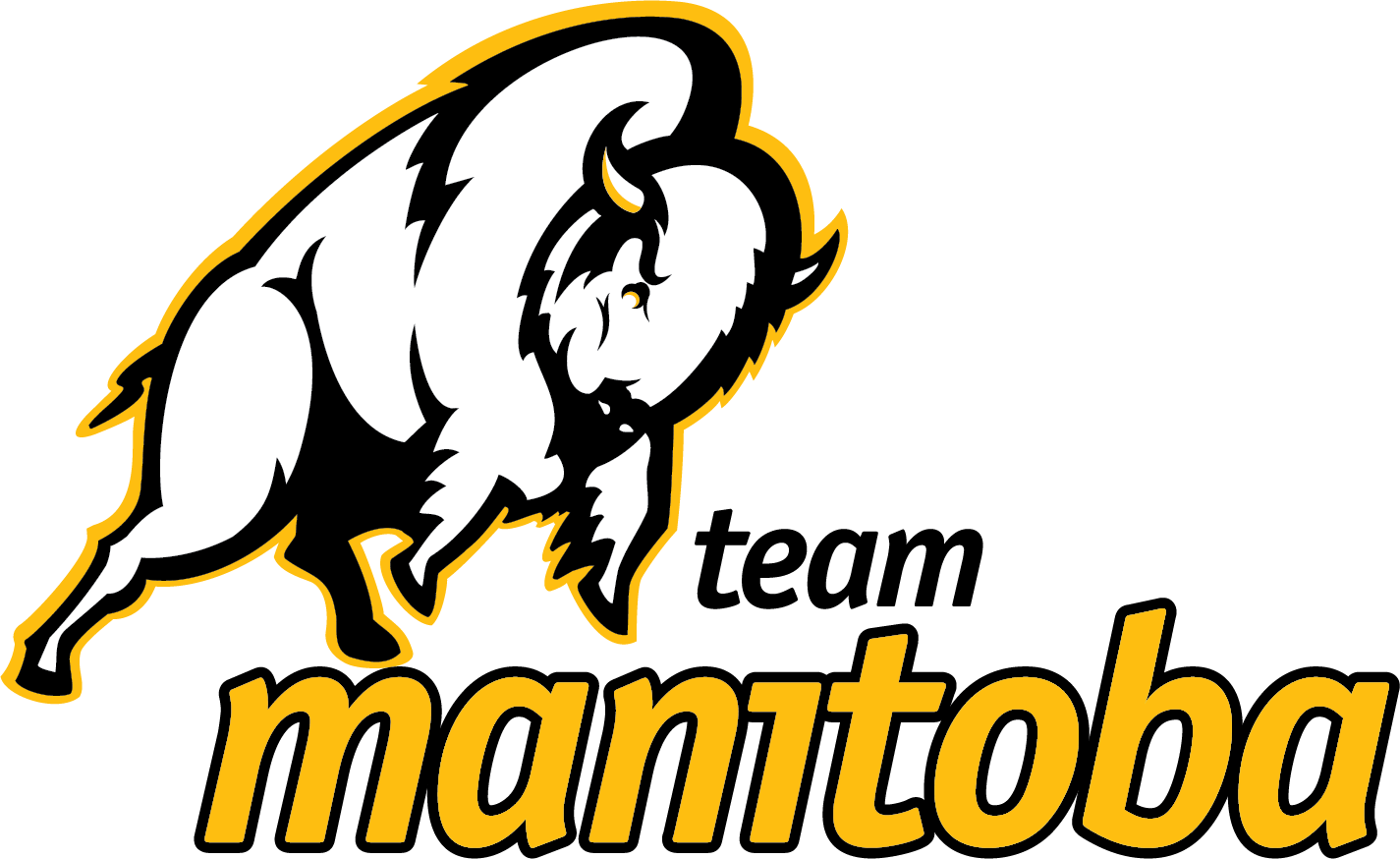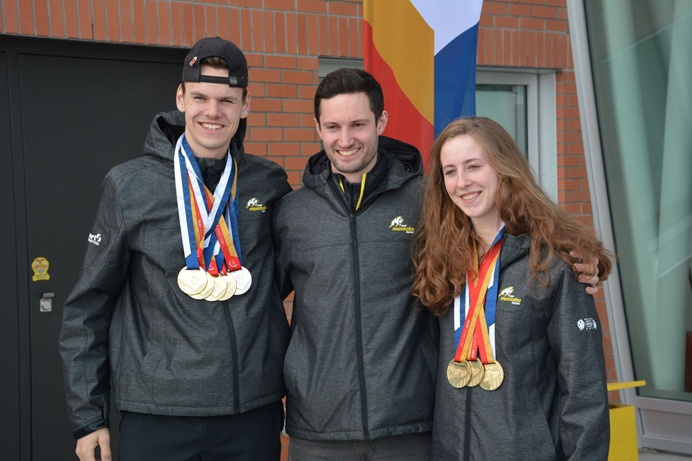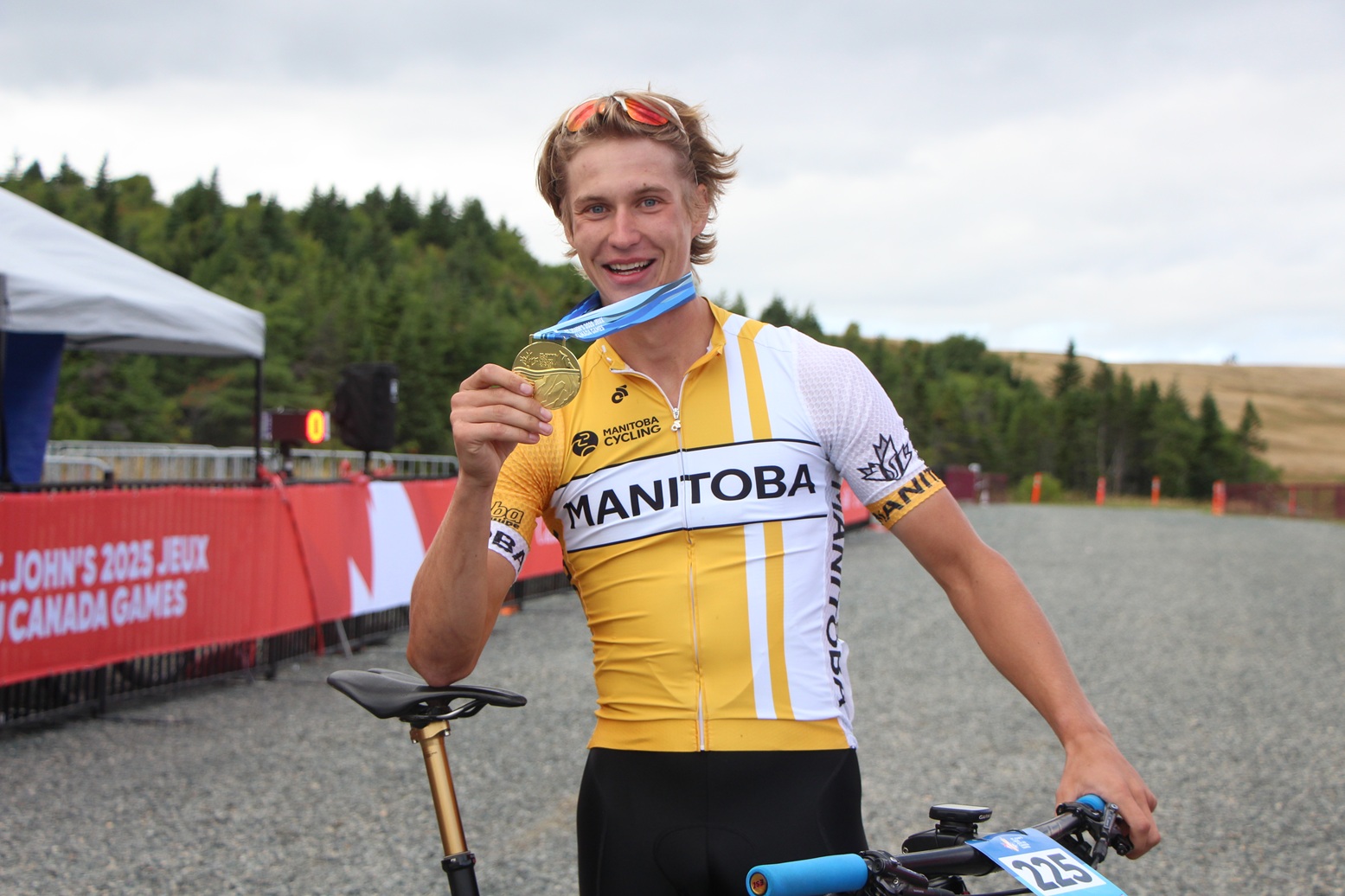20
min read
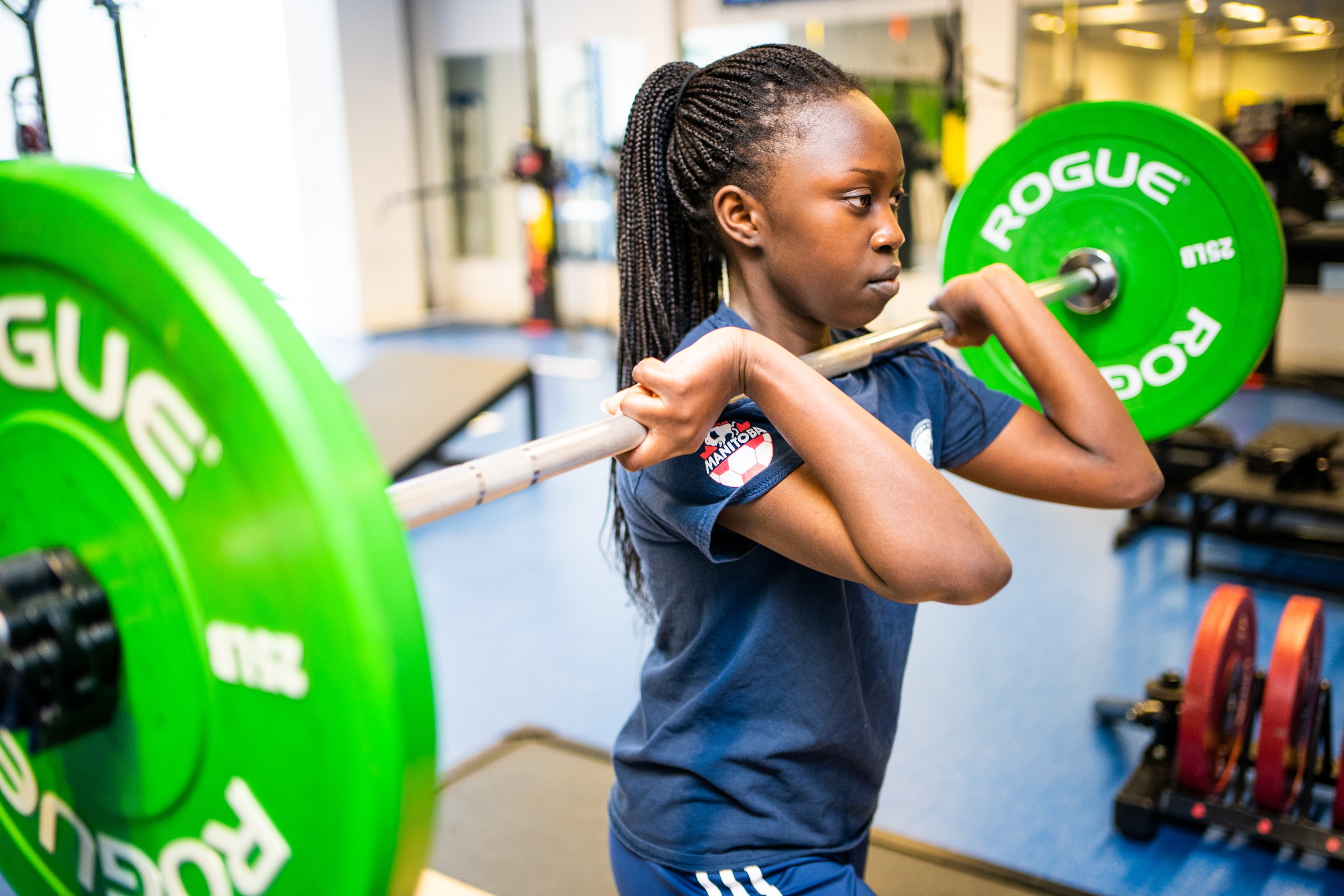
Get Games ready with these athlete guides to sleep, mental skills, nutrition, hydration, muscle relaxation, and deep breathing.
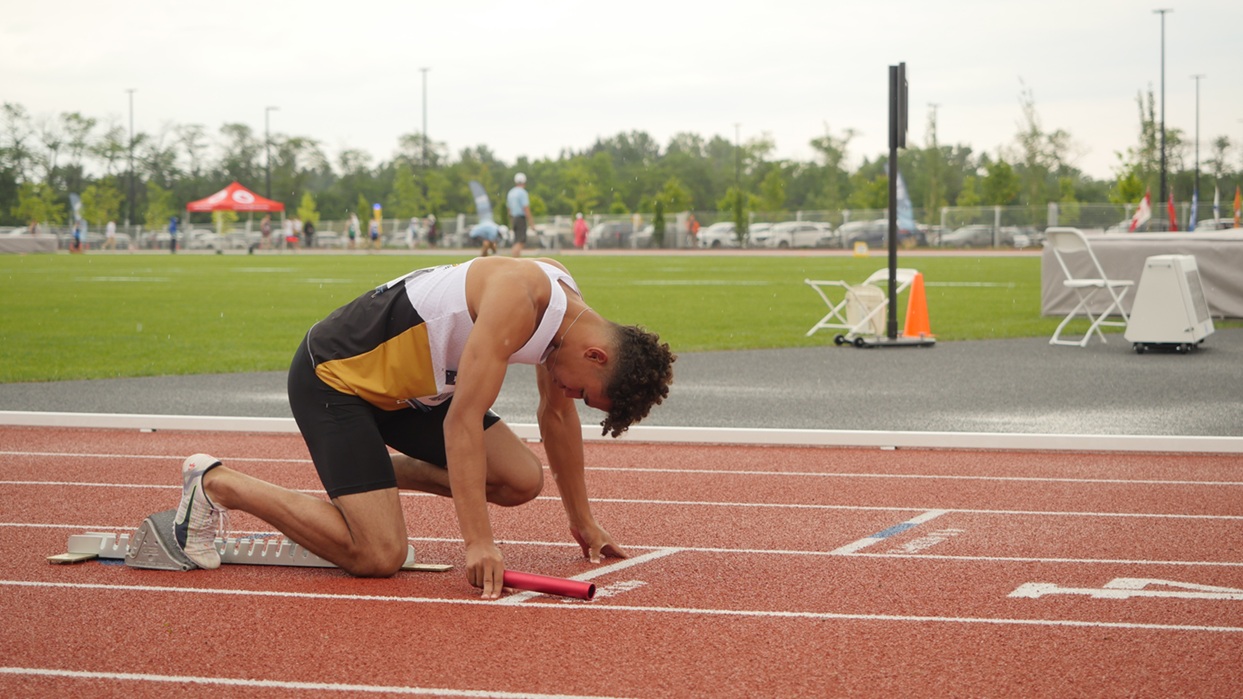
Sleep
Why is sleep so important to high-performance recovery? Studies show sleep is critical in improving performance, decreasing the risk of injury, and improving immune system function.
In a multi-sport Games environment, your sleep patterns will be disrupted by busy schedules, shared rooms, and a time change.
We’ve compiled tips and tricks to help you fall asleep and stay asleep.
Mental Skills
When you’re competing among and against hundreds of athletes from across the country, you need tools to keep your game on point.
Your mindset, mental skills, and pre-Games preparation can set you apart from the other top competitors.
Plan for distractions, learn how to refocus your thoughts and energy, and develop a routine to help you plan for this intense week of competition.
Nutrition
To perform and train optimally, you need to eat well. Nutrition becomes even more important during multi-sport games when you’re facing unfamiliar schedules, quick turnarounds, and multiple competitions stretched over a few days.
It’s important for you to think about and plan your meals ahead of Games. Being familiar with your food options, where you’re going to eat them, and when you’re going to eat goes a long way in helping you compete in a comfortable state.
Hydration
Hydration is an important component of athletic performance. In this guide, we share our tips for monitoring for dehydration, increasing your fluid intake, and what to drink when - before, during, and after competition.
At the Canada Games, where the environment is new, your schedule is busy, and rest is your top priority, build hydration into your routine early.
Learn new strategies to take you from practice to the podium.
Muscle Relaxation
What is Progressive Muscle Relaxation technique?
Progressive Muscle Relaxation (PMR)is a relaxation tool that involves light tightening followed by relaxing various muscle groups in the body, focusing on one muscle group at a time. The purpose of PMR is to release the tension stored in the muscles to help create a physiological relaxed state to support performing tasks more effectively and to bring awareness to the level on tension held in specific body regions. In addition to relaxing the body, PMR contributes to an increased focus and calm mental and emotional state.
Deep Breathing
Did you know that regular practice of deep breathing can increase mental focus and mindfulness while decreasing the intensity of your emotions?
Practicing and rehearsing deep breathing help the brain muscles know how to respond in times of high stress and to manage anxiety. Common situations you might find yourself in at a Canada Games.
Pick up a couple new techniques in this guide, and make your own plan to practice for Games time.
